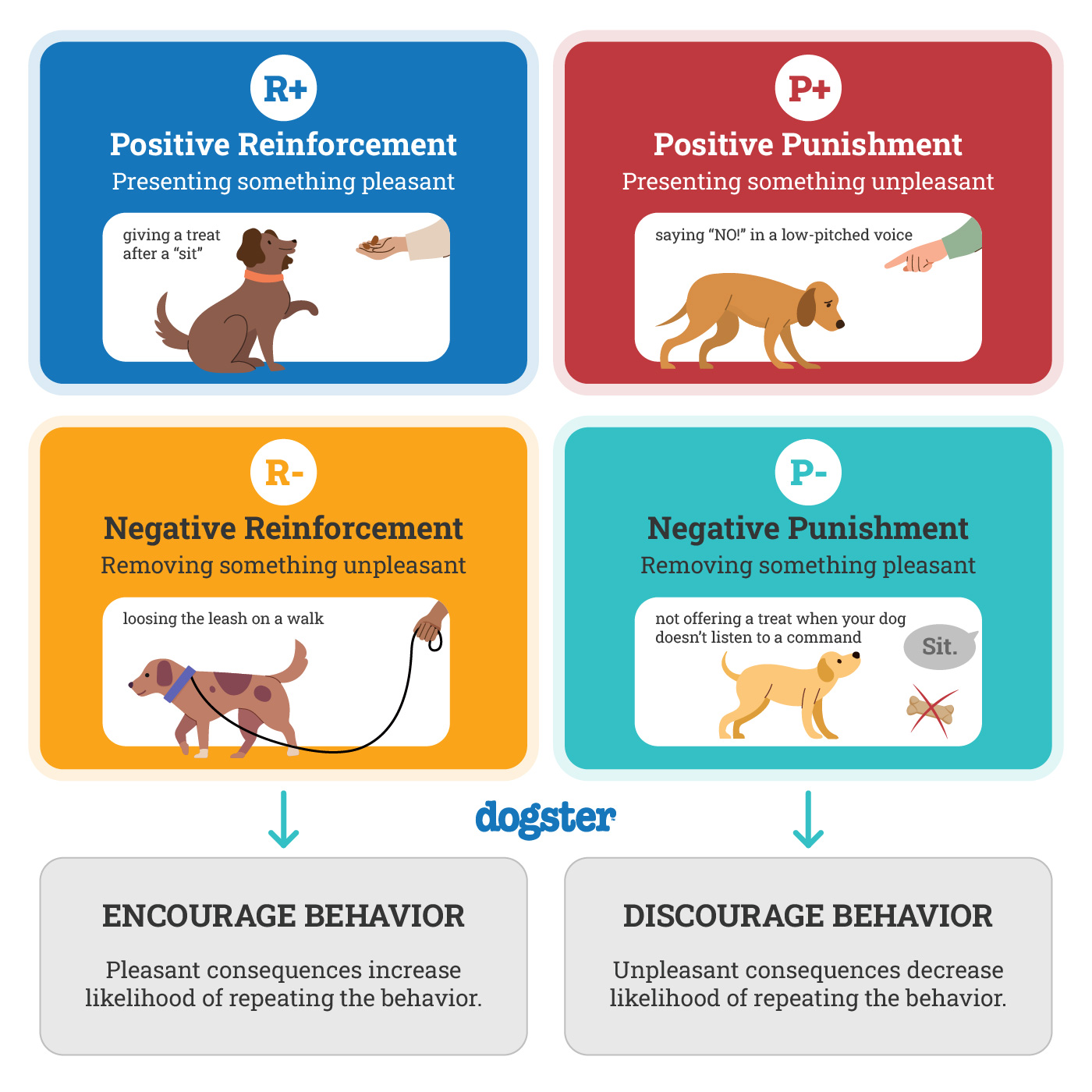While the Rottweiler might have a reputation as a “dangerous” breed, if you own one of these dogs, you know just how sweet and loyal they can be. However, they do require training from a young age to make sure they get along with people and other animals. But just how easy are Rottweilers to train? Does the fact that they need a great deal of training mean that they’re overly challenging to train?
Not at all! Rottweilers are among the smartest breeds out there. In fact, they are often used as working dogs due to their high trainability and intelligence. While they do have a touch of a stubborn streak, training your Rottweiler shouldn’t be an overly challenging task. After you’ve learned the positives and negatives of training these dogs, along with when and how they should be trained, you’ll find the process to be a breeze.

The 4 Traits That Make Rottweilers Easy to Train

What about Rottweilers makes them easier to train than other breeds? There are a few qualities they possess that enable them to take to training well.
1. Intelligence
Did you know that judges from both the AKC and the Canada Kennel Club ranked Rottweilers as ninth out of 79 breeds when it came to intelligence? That’s smart! That high level of intelligence means your pup will understand what is being asked of them when it comes to training, making your job much easier.
2. Loyalty
If you’ve bonded with your dog, you’ll find your Rottweiler to be incredibly loyal to you. That loyalty will translate to them wanting to put in the work needed to please you. Rotties love to do well for their owners and will most often do what they’re told immediately (despite their occasional willfulness).
3. Desire to Work
The Rottweiler is a working breed, meaning they want and enjoy having a job to do. Doing work is literally in their blood. Originating in Ancient Rome, they were used as herding dogs, then later became known as guard dogs. This is one reason that Rottweilers are so often used as police and military or service dogs nowadays. This desire to work will make the training process go by more easily.
4. Love of Praise
These pups live to be praised, a trait that ties into training. Since they are so fond of encouragement, they will do their best to be rewarded in this manner. That means you should focus on positive reinforcement instead of negative reinforcement when training. Head scratches and kind words will go a long way in helping to train your Rottweiler.
What Makes Rottweilers Difficult to Train?

All animals have some negative traits, just like us humans. Luckily, the Rottweiler only has a few that might inhibit any training you do.
Size
Rottweilers are big dogs! They can weigh anywhere between 80 and 130 pounds and stand nearly 2 feet tall. That’s a lot of canine to manage during training. Even if your Rottweiler is the sweetest pup around, the fact that they are so strong means you may have difficulty controlling them if they’ve decided not to listen when you need them to.
Strong Will and Stubbornness
Rottweilers can be stubborn. They also can get bored with repetitive tasks. If this happens during training (the epitome of repetition), they may decide they’re finished, whether you are or not. Luckily, if your dog is loyal to you, this could outweigh their stubborn side.
Likewise, your Rottweiler may be strong-willed at times. They may try to act out in an attempt to assert themselves as the leader of the pack, so be sure you declare yourself the leader early on in training.
If you are struggling with your dogs behavior, we suggest you speak with a vet
If you need to speak with a vet but can't get to one, head over to PangoVet. It's our online service where you can talk to a vet online and get the advice you need for your pet — all at an affordable price!

The 3 Tips for Training Your Rottweiler

As you can see, the positive traits of a Rottweiler when it comes to training definitely outweigh the negative. Now that you’re aware of the good and bad of training your pup, here are tips to get you started.
1. Start Early
First and foremost, you will need to start training your Rottweiler from a very early age. The quicker you begin, the better off you’ll be, so make sure you’ve started by at least 8 or 9 weeks of age. Of course, if you adopt an adult Rottweiler, you won’t be able to begin at that point. Still, you should be sure to start working with them quickly to form a bond and establish yourself as pack leader.
2. Socialization Is Key
Getting your Rottweiler puppy used to people, animals, and sounds is vitally important in ensuring that they don’t act aggressively in public (something that you want to avoid at all costs). If your pet came from a breeder, they should have started this socialization before you even got your pup. Once you have your dog, it’s up to you to continue it. One great way of doing this is to take them to obedience classes or doggy parks so they can get acclimated to other dogs and people.
3. Make Good Use of Their Love of Praise
Rottweilers love to be praised for doing well. Using positive reinforcement during training—such as encouragement, pets, and treats—will soon make them realize what behaviors get rewarded. However, they won’t respond well to negative reinforcement, such as punishments or being yelled at. This will only make them anxious and nervous around you; it won’t teach them how to behave. Plus, due to their occasional stubbornness, you could end up with a dog that’s much less likely to do what you want them to.


The Round-Up
If you train your Rottweiler the correct way, using plenty of positive reinforcement, you shouldn’t have much trouble. Due to their intelligence and desire to work, these dogs are easier to train than many other breeds. While you will need to watch out for any strong-willed behavior, if you’ve bonded with your pet, their loyalty should mostly cancel out any stubbornness.
Remember, the key is to start training them while they are very young. The AKC has a timeline for Rottweiler training you can use so you know exactly when you should be doing what training. If you think that you’re not entirely up for the job, you’ll want to hire a reputable professional trainer to do the work.
- See also: Are Rottweilers Good With Cats?
Featured Image Credit: everydoghasastory, Shutterstock



















